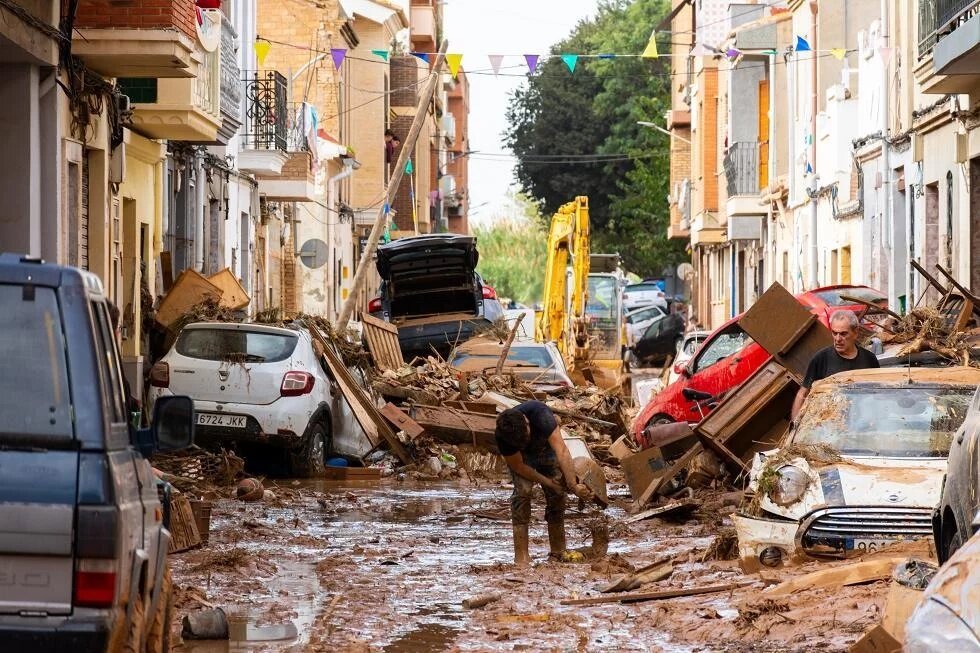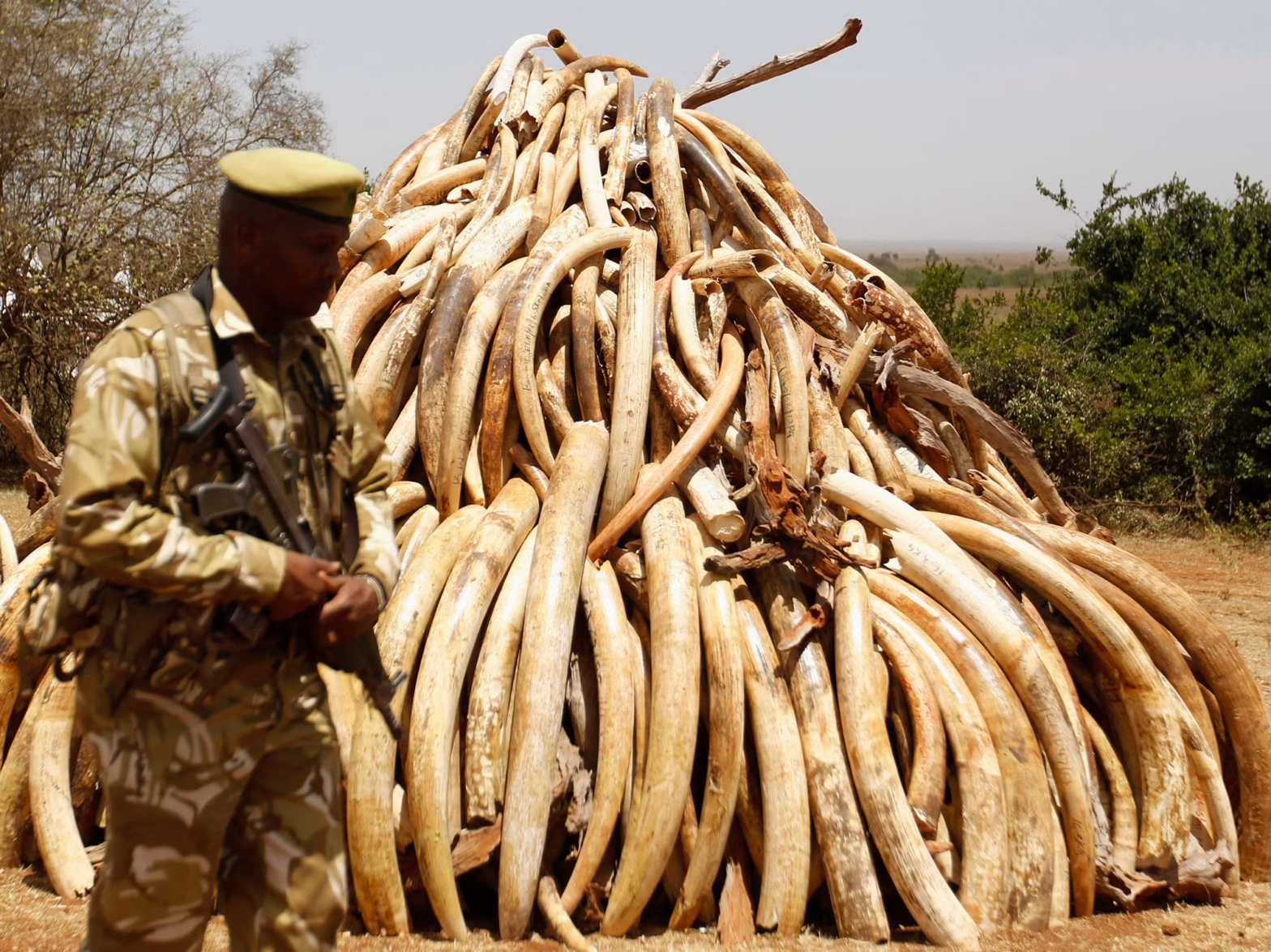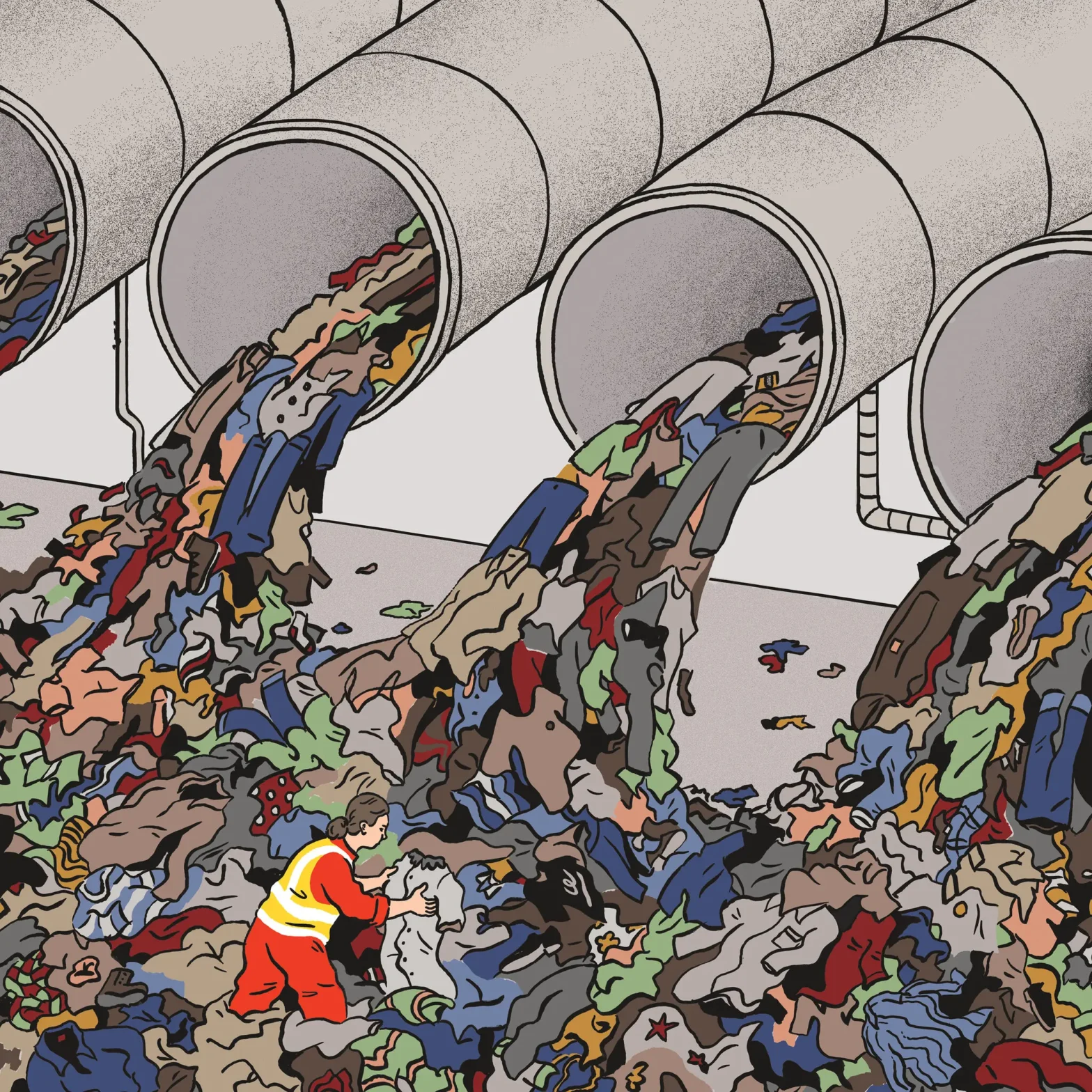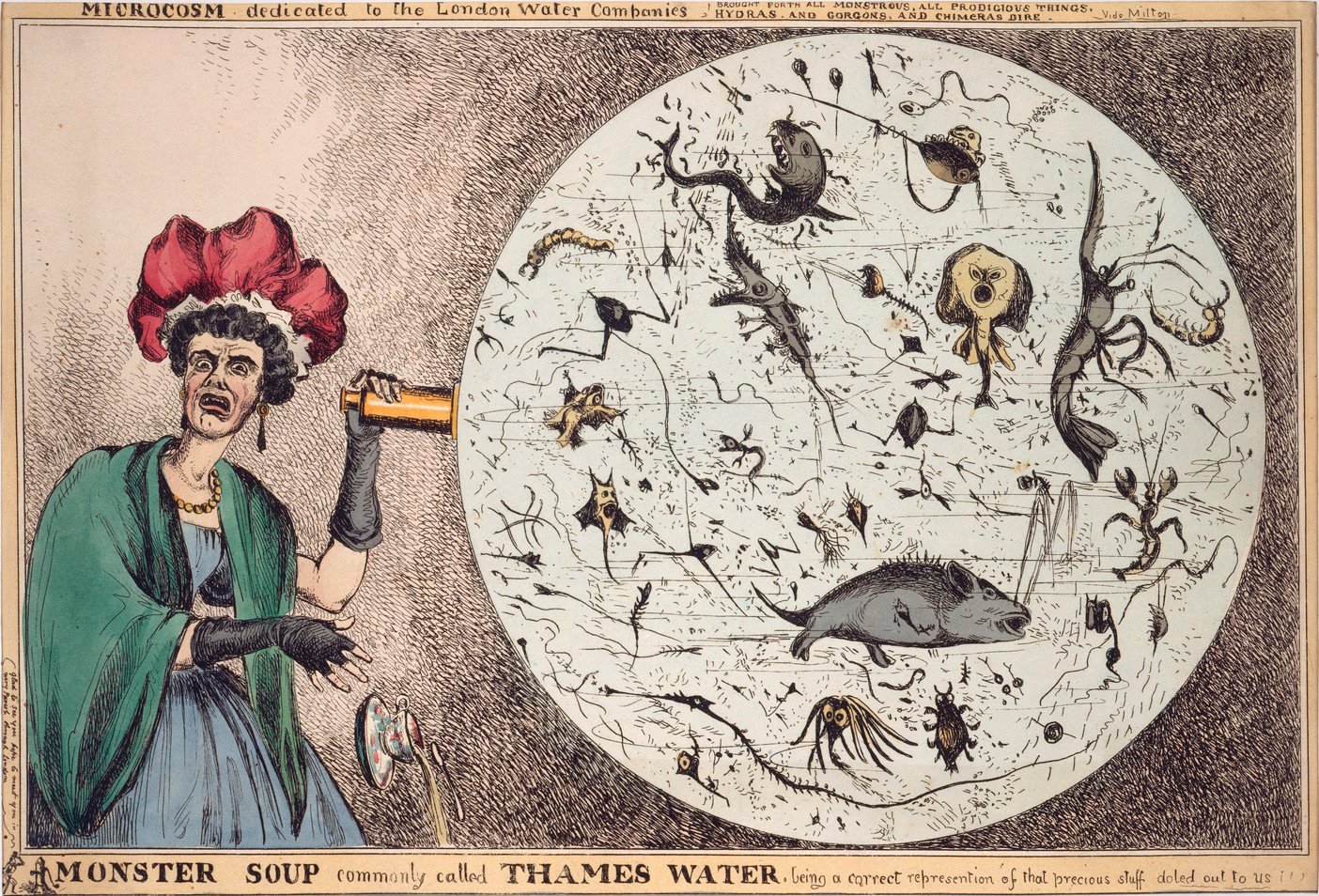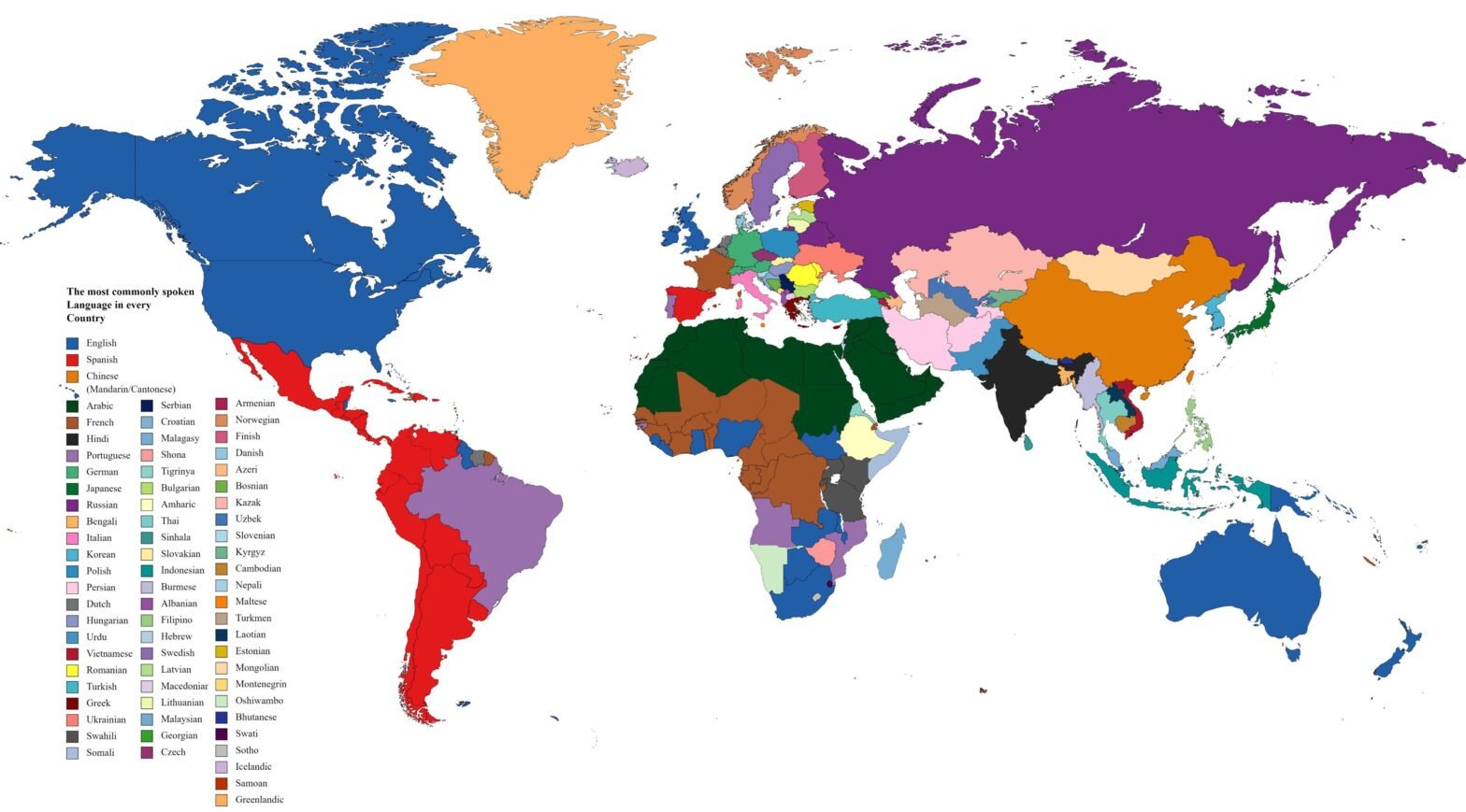In recent years, Spain’s Mediterranean coast – particularly Valencia – has faced devastating storms known as DANAs (Depresiones Aisladas en Niveles Altos – or in English, Isolated Depressions at High Levels). These weather events bring sudden, torrential rain, flash floods, and severe damage. As Europe (and the rest of the world) experiences more unpredictable climate patterns, we wondered: could something similar to a DANA happen in… Continue reading Deadly Floods in Valencia – Can the same Happen in the UK?
Deadly Floods in Valencia – Can the same Happen in the UK?
